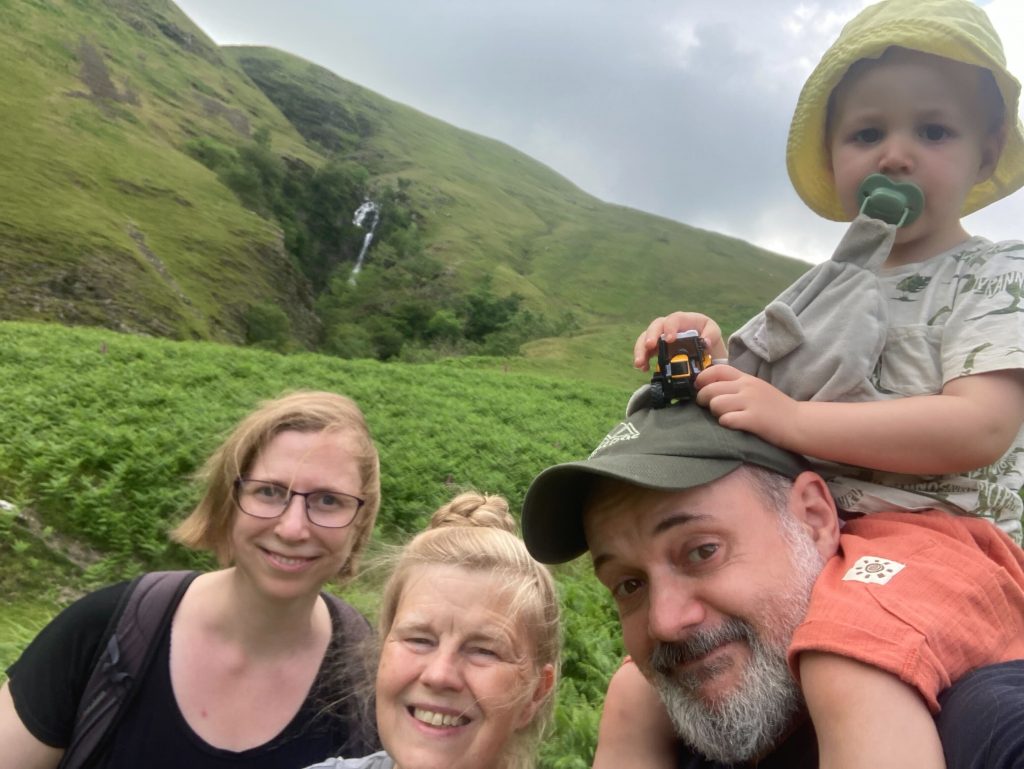Today I finished checking the proofs of my next novel, A Granite Silence, which will be published next spring. The book reads well, I think. It feels ready to go.
The months since Chris’s death have been overwhelmingly busy but I am making progress with work, which still is the thing that feels most normal for me to be doing, as well as the most sustaining. I will be speaking more about my current project in due course.
I am also looking further ahead, trying to figure out exactly where I am with my work right now, what kind of writer – more difficult, at the moment, than it sounds. As always when I’m asking myself these kinds of questions I turn to other writers for insight and inspiration. At the moment I am reading John Banville’s The Book of Evidence as a kind of corollary to Mark O’Connell’s very excellent A Thread of Violence, which I read last year. O’Connell’s book is a true account of the life and crimes of Malcolm MacArthur, a ne’er do well aristocrat who committed two apparently random and senseless murders in 1982. Banville’s 1989 novel, inspired by these events, takes us deep inside the mind of a gifted man whose fatal capacity for self-delusion brings about his downfall.
I first read Banville when he won the Booker – I loved that thing he said about it being good to see a work of art winning the Booker Prize! Since then I’ve read more than half of everything he’s written and it’s always a relief, to spend time with someone who seems incapable of writing a bad sentence. What I’m paying particular attention to in The Book of Evidence is the relationship between fiction and fact. What is Banville’s relationship to this story? What is in it for him?
Other recent reads of note include Jenny Erpenbeck’s Kairos, which I was delighted to see win the International Booker and that felt to me almost like a chapter of my own life. This was not a comfortable feeling, a fact which made me appreciate the novel all the more. I also loved Ia Genberg’s The Details, and Anne Enright’s The Wren, The Wren, luminous and profound and so well written. The way Enright is able to make convincing use of modern idioms and still write like an old master is deeply impressive. The poems, too, are small miracles.
Last week I spent a few days in the Lake District with my very dear friends the writers Helen Marshall and Malcolm Devlin and their little son Davey. We had some wonderful conversations, and they were wonderful to me. I was also deeply moved to visit Dove Cottage for the first time, to look out across the same view that would have been familiar and beloved to William and Dorothy Wordsworth, two hundred years ago. One of the TV programmes Chris and I most enjoyed watching last year was the Wordsworth and Coleridge Road Trip on Sky Arts, in which Frank Skinner and Denise Mina explore the turbulent relationship between the two poets, whilst visiting the locations in which they lived and which inspired their writing. Dove Cottage was one. I know Chris would have loved being there. He would have thought it was fantastic.
